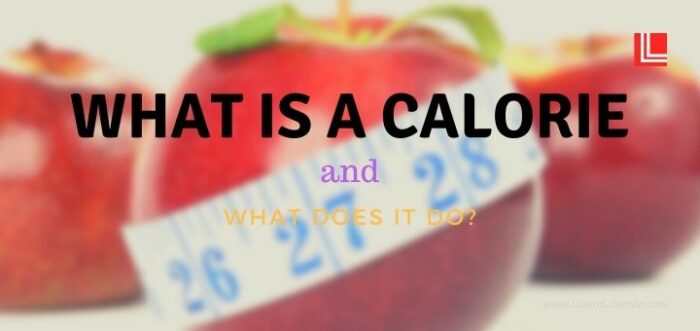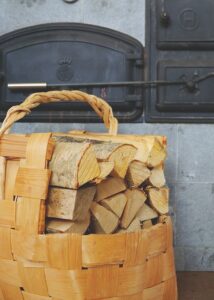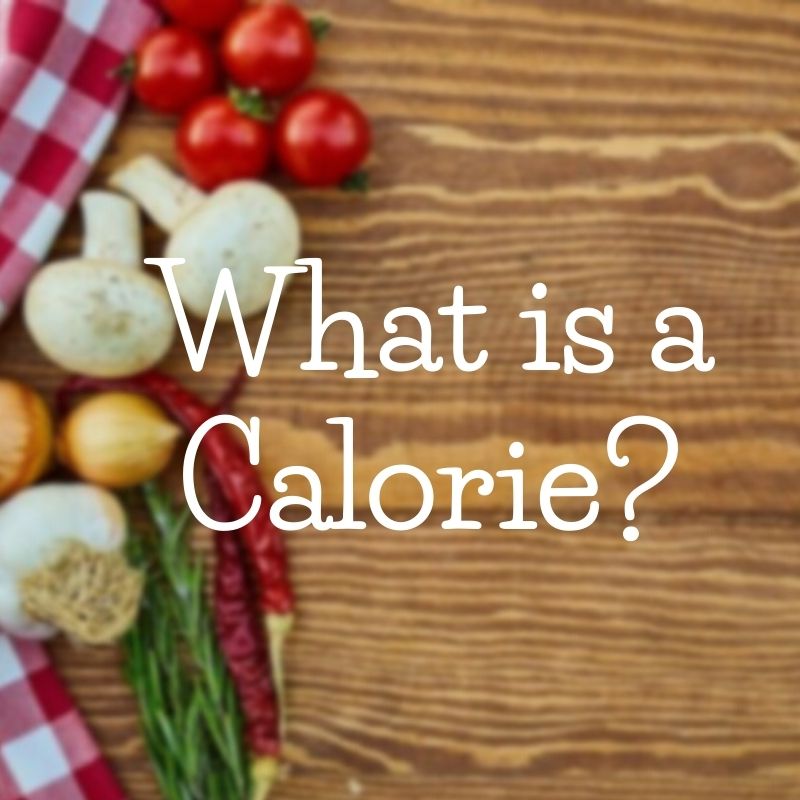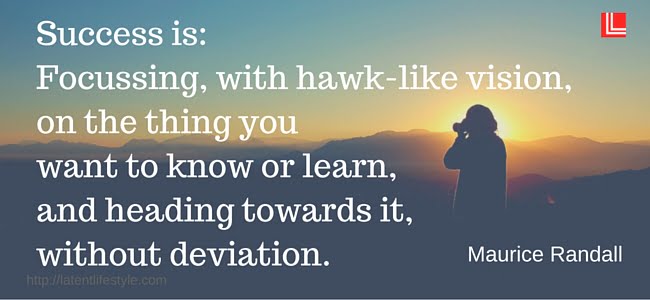What is a Calorie and What Does it Do?

Have you always wanted to understand your food and how Calories directly affect you body? Here is a brief, and simplified version of What is a Calorie and what it does for you.
What is a Calorie?
First, let’s understand a Calorie. A Calorie (written with a capital C) is actually a kilocalorie (kcal) or large calorie as specified differently to a calorie, or small calorie, which we normally find in chemistry.
1 small calorie (cal), according to the Merriam-Webster Dictionary is defined as:
“the amount of heat required at a pressure of one atmosphere to raise the temperature of one gram of water one degree Celsius”
In other words, a calorie is a measurement of heat, and we use the same logic in the body except we use the kcal to determine that heating value. The difference between the cal and the kcal is that the kcal is 1000 calories.
We can thank Wilbur Atwater for thinking about how kcal’s are used in the body and producing a method of working it out, known as the Atwater system. It was refined by Annabel Merrill and Bernice Watt later on into something we understand today. But let’s understand what is going on with the calories first in our bodies.
The Burning Fire Analogy

In order to live, we need energy to keep our organs functioning. We get that energy by ‘burning’ kcal’s (Calories) in our cells which in turn produce heat. So just as you would light a fire and need to keep throwing on wood to keep it burning, so your body works the same way.
To continue the analogy though, should I gather more and more wood for the fire, I will need to store it nearby to be ready to use it. The more I store the larger the storage vessel. The cells continue to burn at the same rate, like putting the wood into a stove, but the storage just increases in size.
If you add small sticks to a fire, they burn quickly and if you add petrol to a fire it burns hot fast. The same can be said for certain types of food. Sugars are like petrol. Put them into the body and they burn very quickly, but also don’t last long.
Contributing factors
There are plenty of other factors to affect the way we burn the “Calories” too. Sleeping is a slow burn, running requires lots of fuel so burns more. Sitting driving a car lower than walking to the shop. Hot and cold also affect the way we burn calories.
Our brains require a huge amount of energy to keep functioning and this causes massive swings in mood and outlook too if your body doesn’t receive the correct food for its requirements.
The way our mood affects us can also affect our eating habits and this can then result in a circular pattern of a need for food to support our mood.
How should we understand calories?
There will be no perfect way to exactly predict your exact use of a kcal within your body, but we can be fairly certain of the way the average person uses them.

Having an understanding of a Calorie will result in better choices to eat better food and rather than throwing grass on a flame for quick energy, we seek to provide our bodies with longer burning fuels that sustain it throughout the day.
In other words, a sound understanding of Calories means you can plan to eat enough to stay fuelled for the day, and not over fuelled that you begin to put more weight on or lose too much weight. Both are equally dangerous to your health.
According to the NHS, our average recommended Calories per day should be 2000kcals for women and 2500kcals for men. Of course these change with activity level, age and size of the person, but they are a rough guide.
It then becomes easier to read a packet if we think of the limit we can consume in a day. If one biscuit is the equivalent of 53kcals that leaves the average woman with 1947kcals and 2447kcals for men to find for the rest of the day! Eat 3-6 biscuits and you really see how eating high-calorie foods create an overabundance of kcals in the body.
REMEMBER that these are always guides. If you run marathons you are burning far more energy than if you are a sedentary office worker. It is always worked out on averages.
Use the guides to calories wisely and they can help you choose foods that really benefit your lifestyle and maximise your quality of life.




